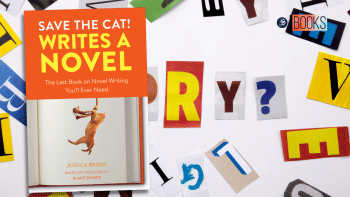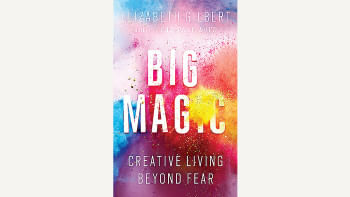For the Curious Writer: Writing tips for the New Year

As 2025 rolls around, spelling yet another year of reading about writing and writing about reading, we asked the Star Books and Literature family to share their top writing tips for our readers. From learning to pick up your pen anew to knowing when to part ways with an idea, here are some of our favourite pieces of advice for the Curious Writer in the upcoming year.
Read to inhale, write to exhale:
Read. A lot. It doesn't matter what it is, or if it's "good" or "bad". Read constantly, endlessly, and greedily. Read good books and excellent books and bad books and terrible books. Read anything and everything, and do not stop. Reading is inhaling, and writing is exhaling. Read because you must, and then write because you now know how.
By Sarazeen Saif Ahana
You have nothing to be afraid of:
If you have not been writing for a while and there is that inkling of self-doubt creeping inside your head, do not be afraid of picking your pen up again. Of writing, of putting your words on paper—do not fight against your previous self, fight against the fear of incompetence. Let your words flow. Give your words an outlet, a blank slate. Write about anything and everything that holds weight to you. It does not have to make sense, you only have to regain faith in yourself as a writer, author, or poet. As it has been said: "You have to let the dirty water run before the clean water flows", and yours will too!
By Nur-E-Jannat Alif
Treat it like a jigsaw puzzle:
Unless you're sitting for a timed, paper-based exam, there is absolutely no reason to take a top-down approach to writing. Give yourself permission to let go of the chronological order. Write the middle. Write the ending. Write the funny anecdote you just thought of for your character. You don't have to rack your brain for an introduction to let the rest of the words flow. Treat each paragraph like a modular chunk, so that you can rearrange and reorder to make the whole writing sound cohesive. Play around until you have perfectly fitted all the pieces together!
By Mashiyat Nayeem
Consistency matters!
This might come off as slightly unconventionally worded advice, but if writing is something you really enjoy and/or are passionate about, then you need to keep showing up for yourself everyday no matter what other people, or even your own mind for that matter, tells you about your work. Be consistent. Try writing a word/sentence a day if nothing else helps. Keep pushing yourself. Keep showing up. Imposter syndrome is a writer's lifelong companion, and you'll have to keep at it regardless.
By Raisa Ashraf
Know when to let go:
Oftentimes, it becomes easy to lose yourself in crafting draft after draft of a piece, all to no avail. Your natural instinct of self-deprecation might make you think it's your writing that's causing the problem. While a healthy dose of self-deprecation is necessary to succeed as a writer, give yourself the benefit of the doubt. Maybe it's not you, maybe it's the idea or the method of execution that's causing the issue. Take a step back. Come back to it after a while. If it still doesn't work out, consider parting ways with the idea. There is, after all, no shortage of things to write about!
By Adrita Zaima
You're the voice:
The "voice" in writing is that hard-to-define element that essentially captures the unique perspectives of a writer. A strong voice engages the reader and keeps them turning the pages. It's what distinguishes a writer from another. So how do you craft an authentic voice? Let go of the fear of perfection. Study the work of your favourite authors and draw inspiration from them, but don't try to emulate their style.
When writing fiction, it is important to note that the author's voice should not override the character's voice. How can we tell the difference? Think lengthy exposition (a.k.a "telling") and preachy monologues. Avoid that. When writing multiple points of view, ensure each character has an authentic voice and characteristics that distinguishes one from the other. They can have similarities of course, but too many and they are essentially the same person. That can create monotony or confusion and turn off readers.
By Nabilah Khan

 For all latest news, follow The Daily Star's Google News channel.
For all latest news, follow The Daily Star's Google News channel. 









Comments